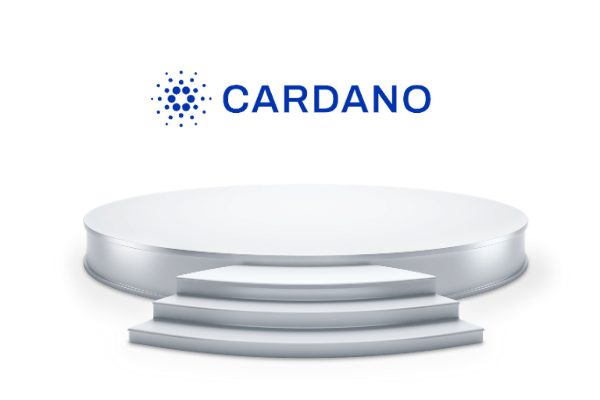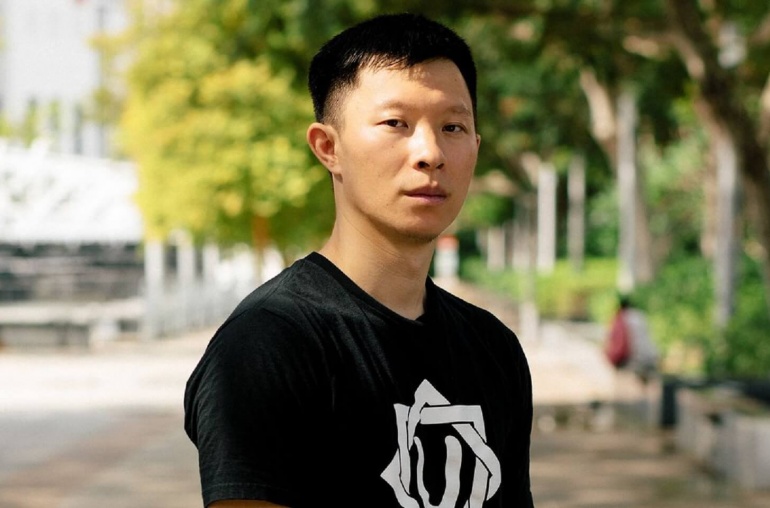Charles Hoskinson, founder of the Cardano blockchain, has addressed concerns about the network’s governance structure. He reassured ADA enthusiasts and users that development processes will be robust and transparent.
In a video on March 16, Hoskinson responded to FUD (fear, uncertainty, and doubt) about CIP 1694, a new governance proposal that aims to introduce a mechanism for on-chain governance in the Voltaire phase of Cardano.
The Voltaire era of Cardano is the fifth major phase of the blockchain and is expected to establish the foundations for decentralized decision-making, making the network self-sustaining. CIP 1694 seeks to extend the original Cardano governance with the introduction of a voting and treasury system, enabling network participants to use their stake and voting rights to influence the network’s future development.
Hoskinson dismissed claims that the proposal was being pushed in a closed, private process controlled by a single entity, which threatened decentralization after recent meetings by developers on the issue.
He explained that the CIP would make the network’s governance system more decentralized by creating more choices for voters. The proposal aims to craft a system that reflects the needs of everybody, giving users the option to choose between voting yes or no, delegating their vote or abstaining.
Hoskinson also responded to claims made by Web 3 advisor Vanessa Harris, who suggested that CIP-1694 was designed to ensure that Input-Output Global (IOG), the developers of Cardano, would continue controlling the project.
According to her, the proposal would give Cardano’s constitutional committee immense powers, which could compromise IOG insiders, pitting their governance decisions against those of the network users. Hoskinson dismissed this claim, describing it as “categorically false and a great example of how FUD spreads.” He urged people to read CIP 1694 for themselves and make an informed decision.



